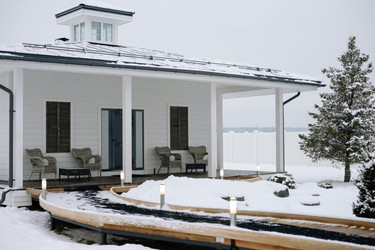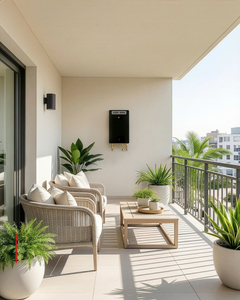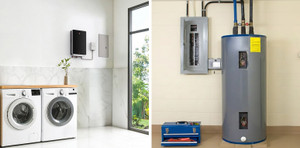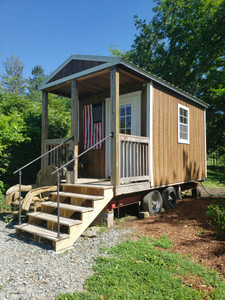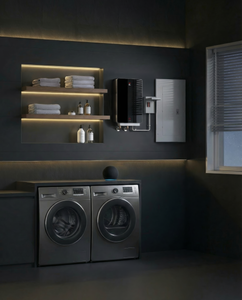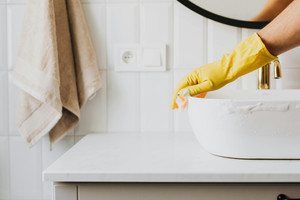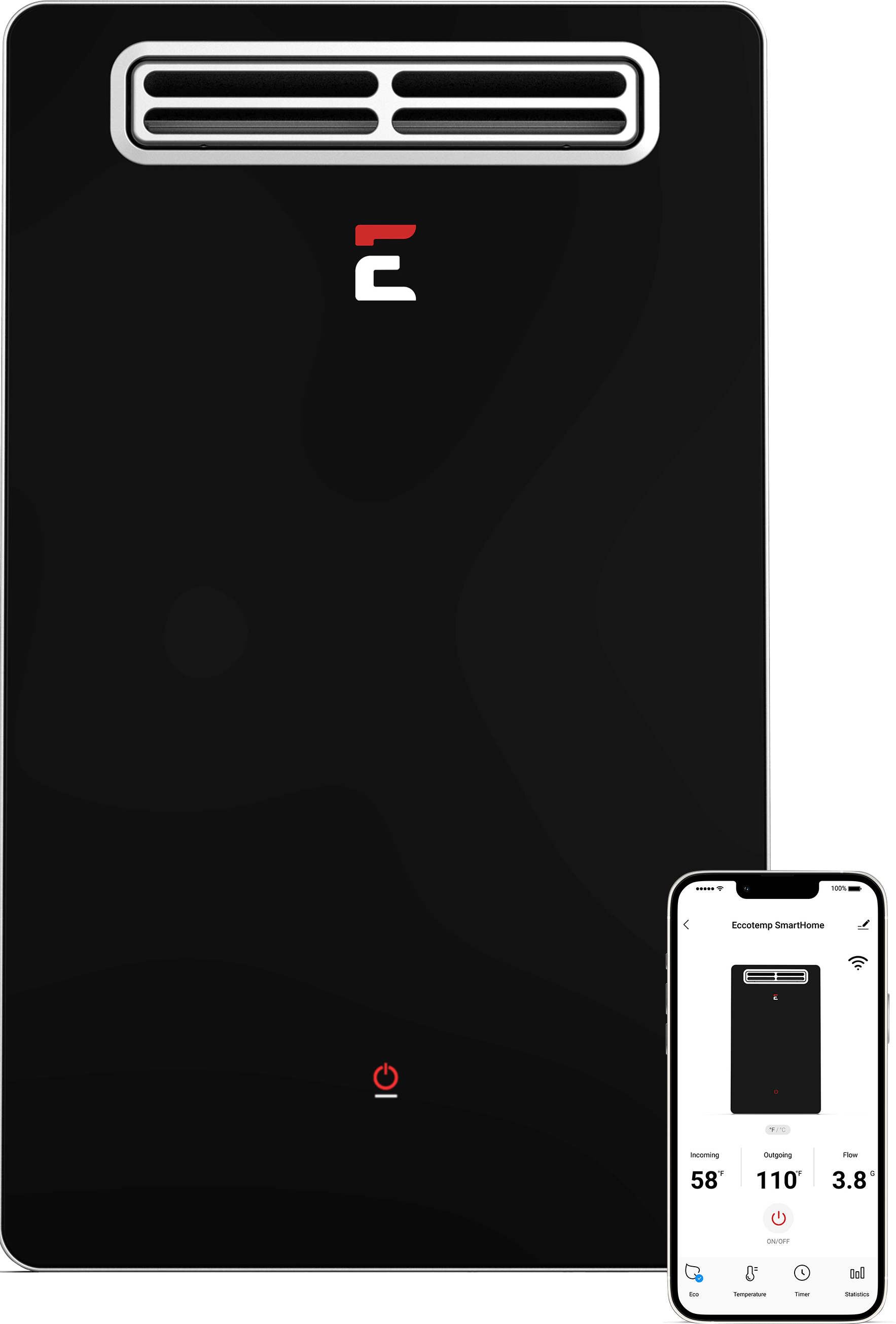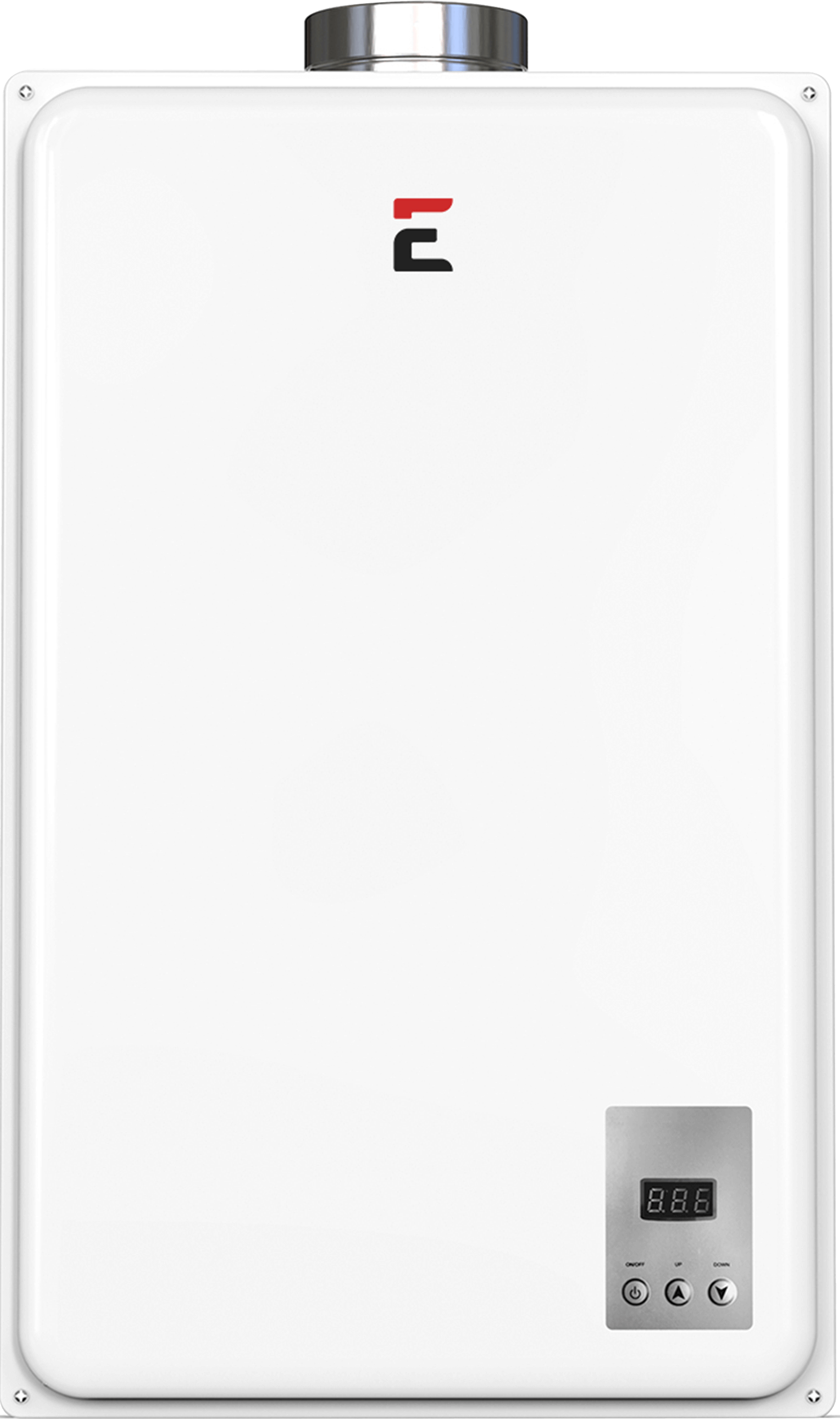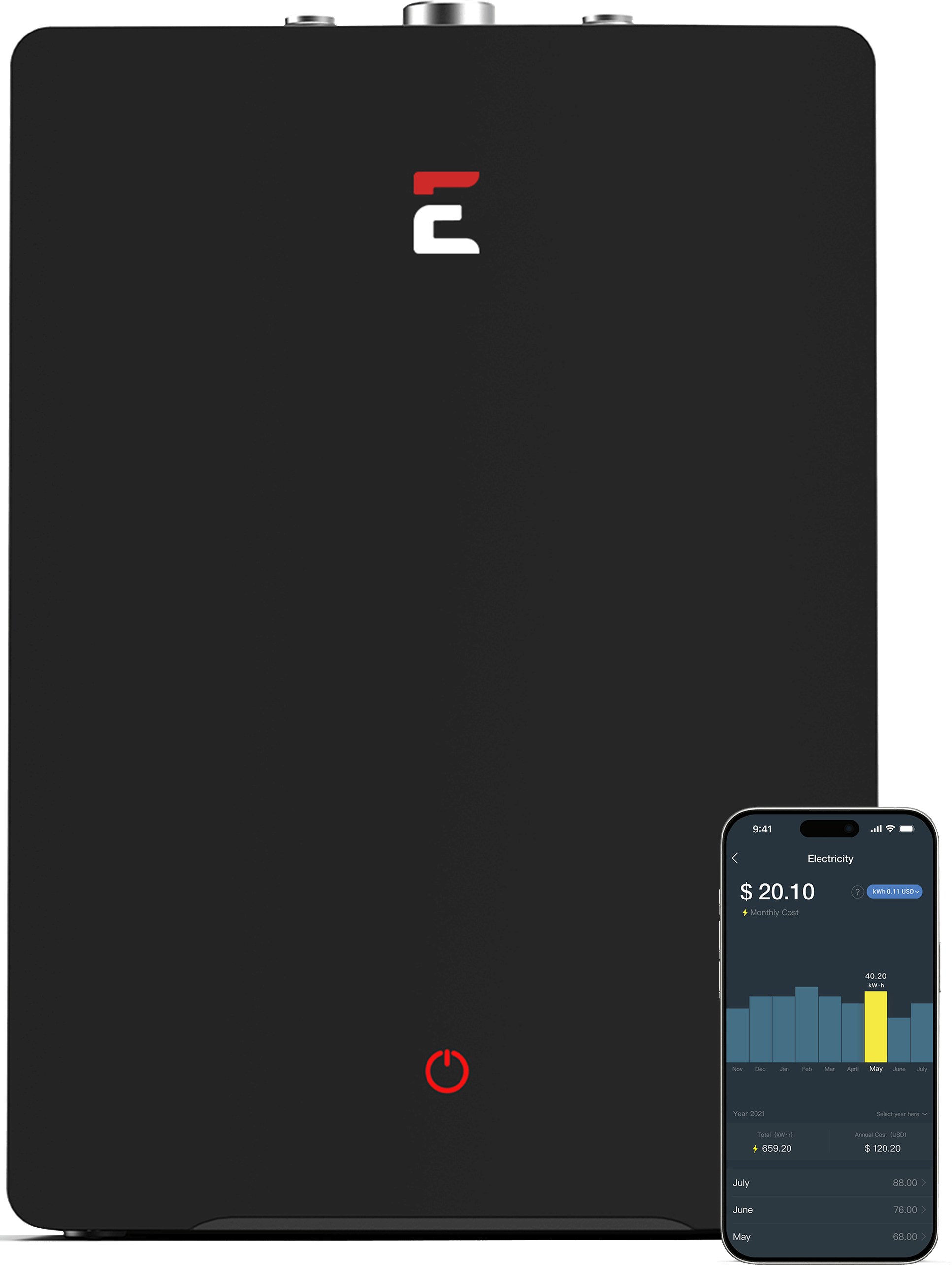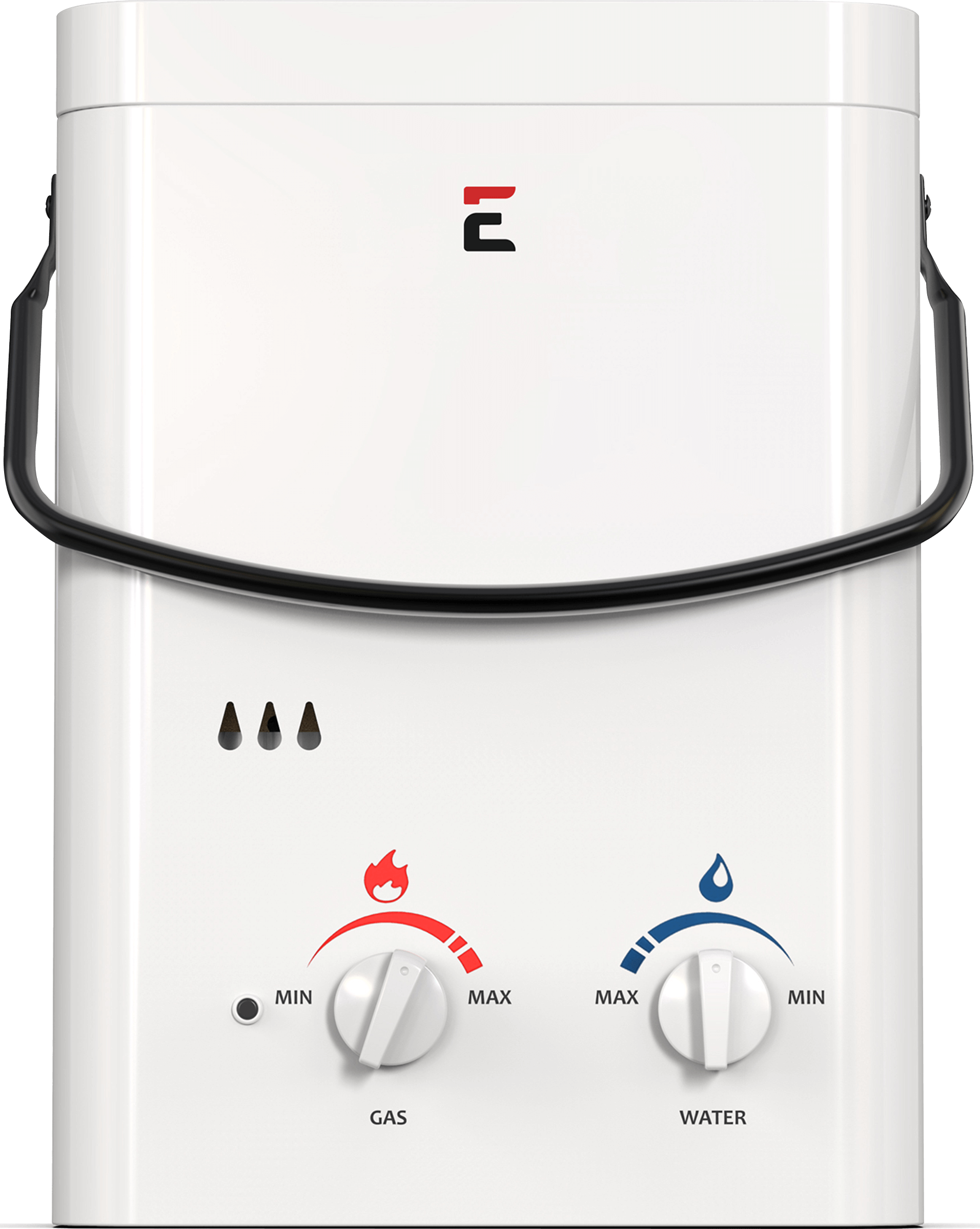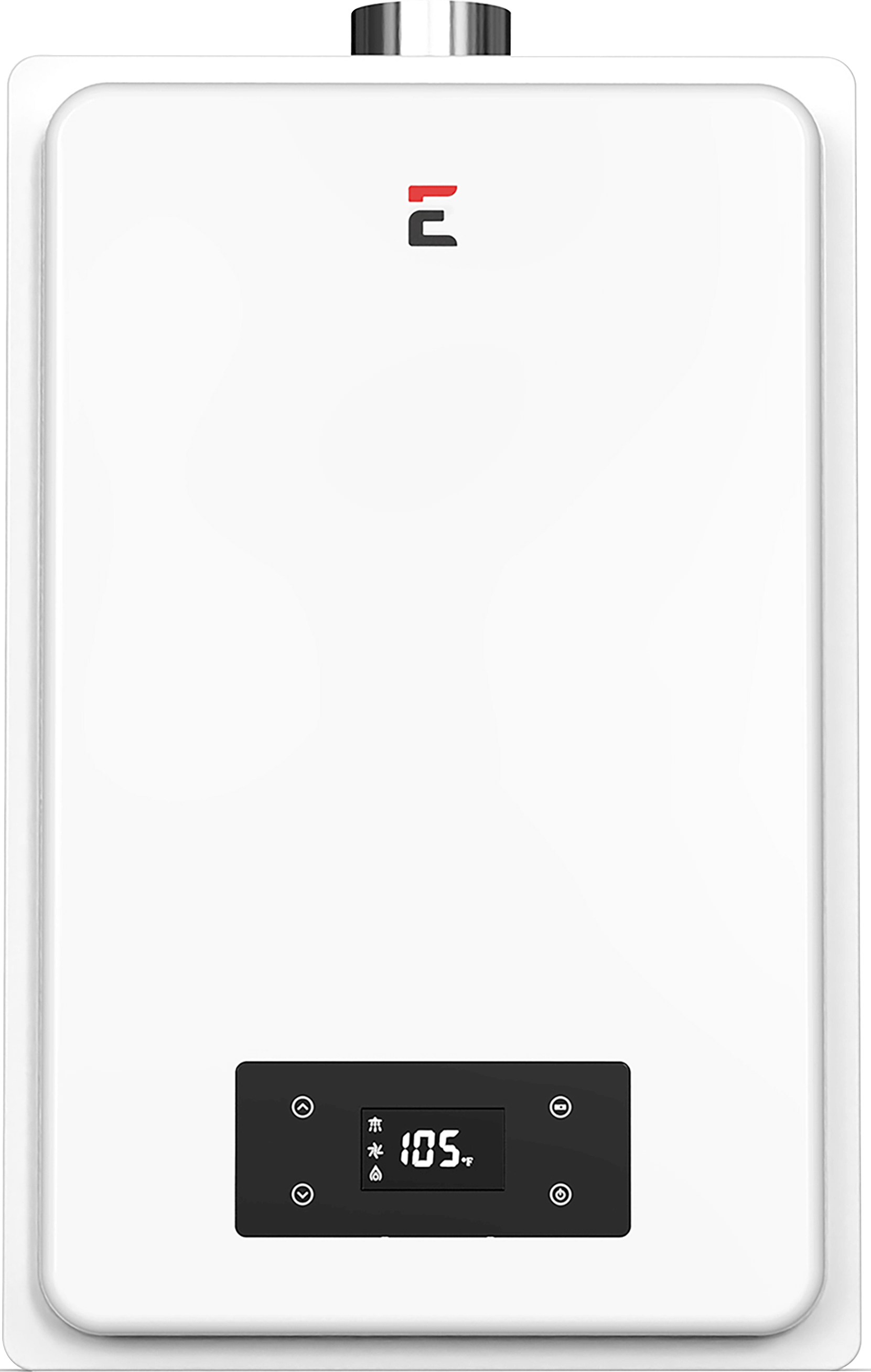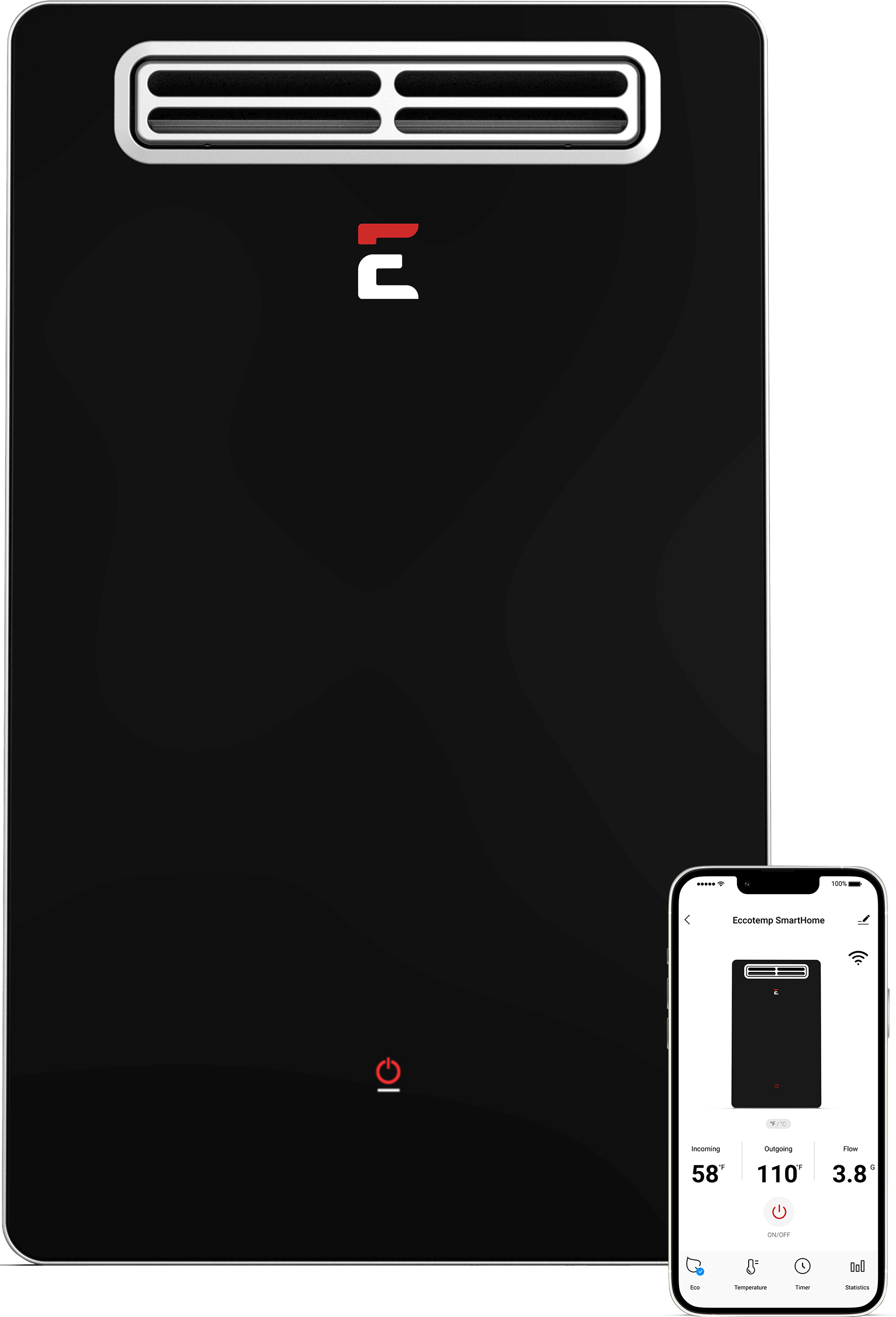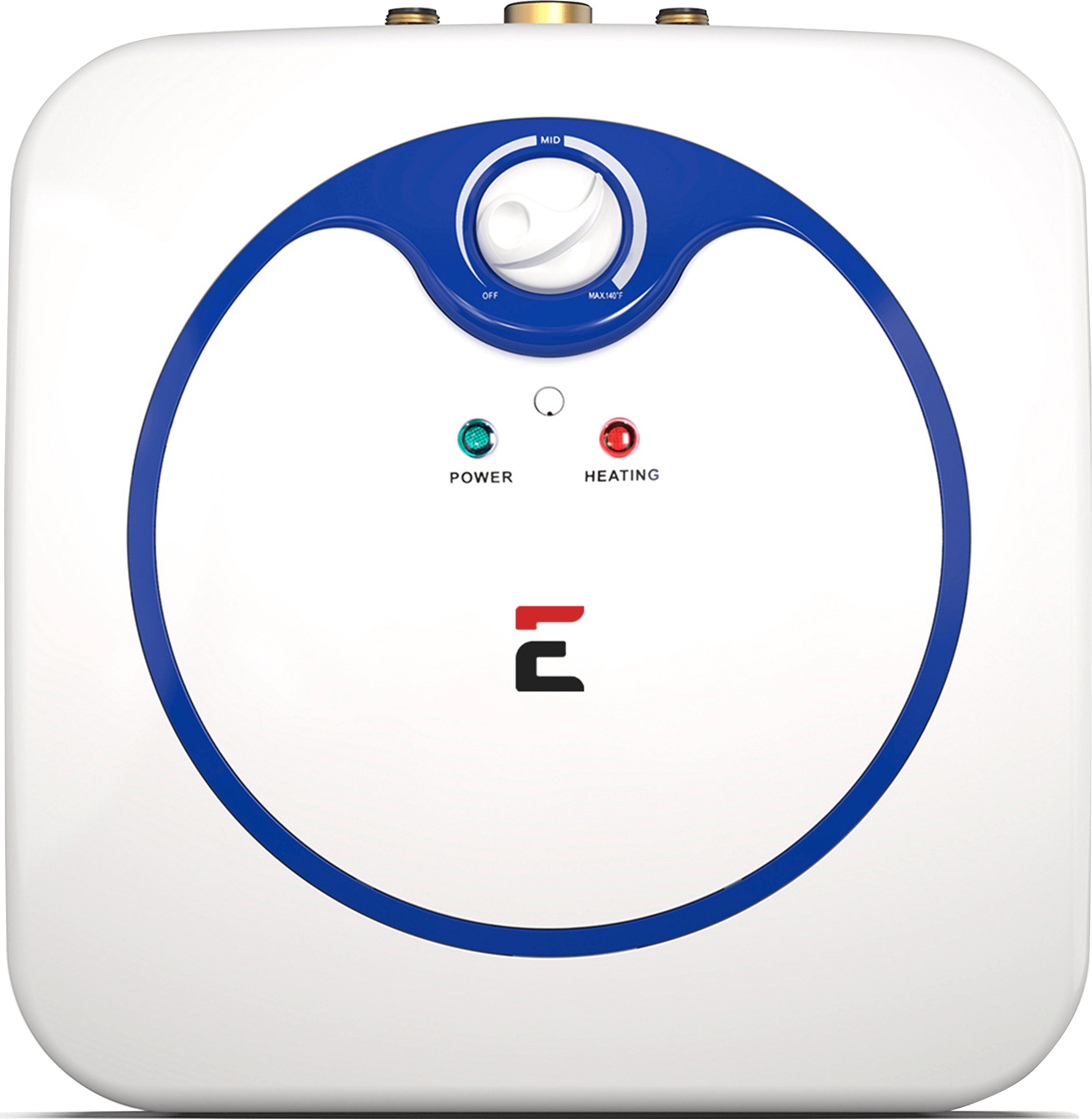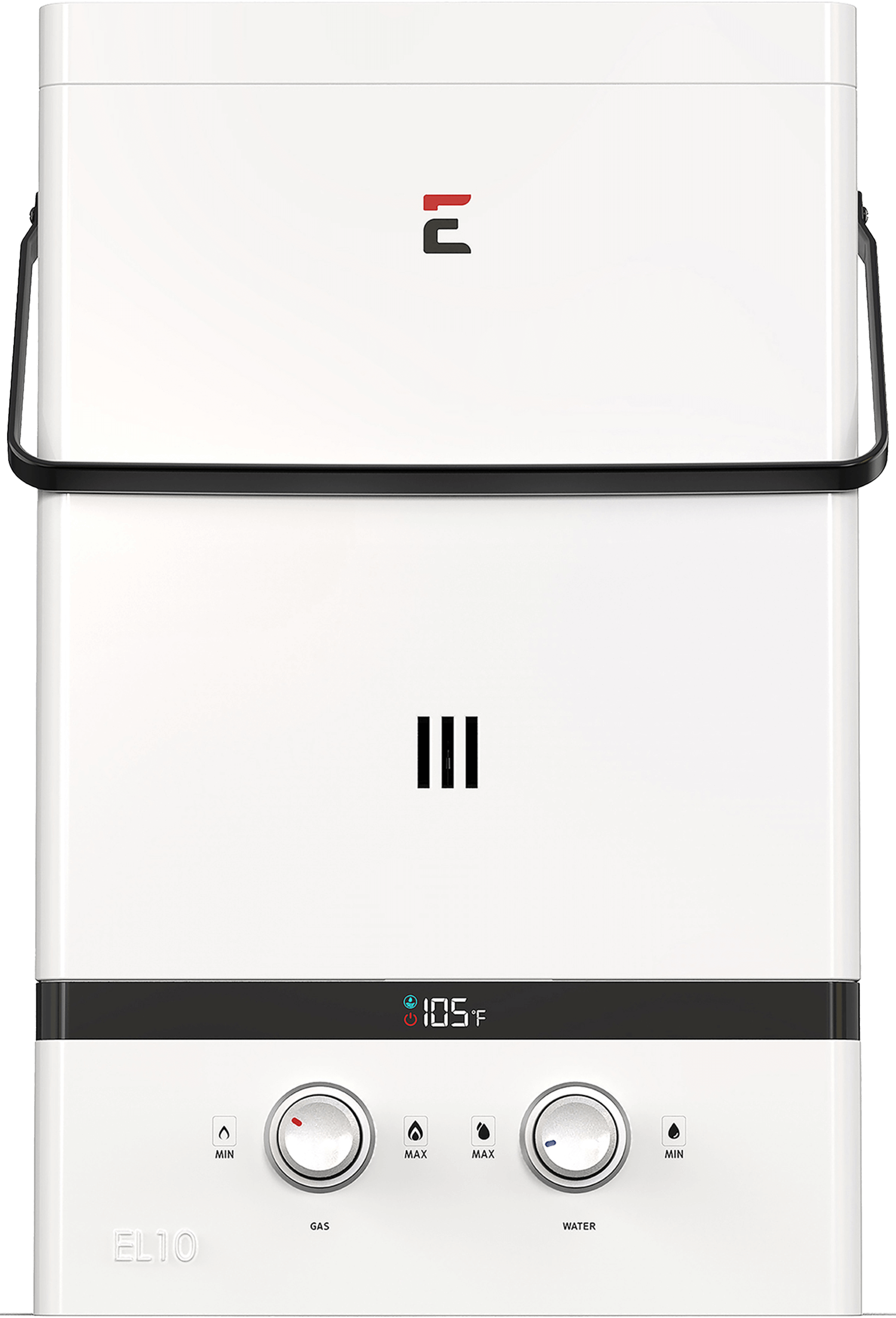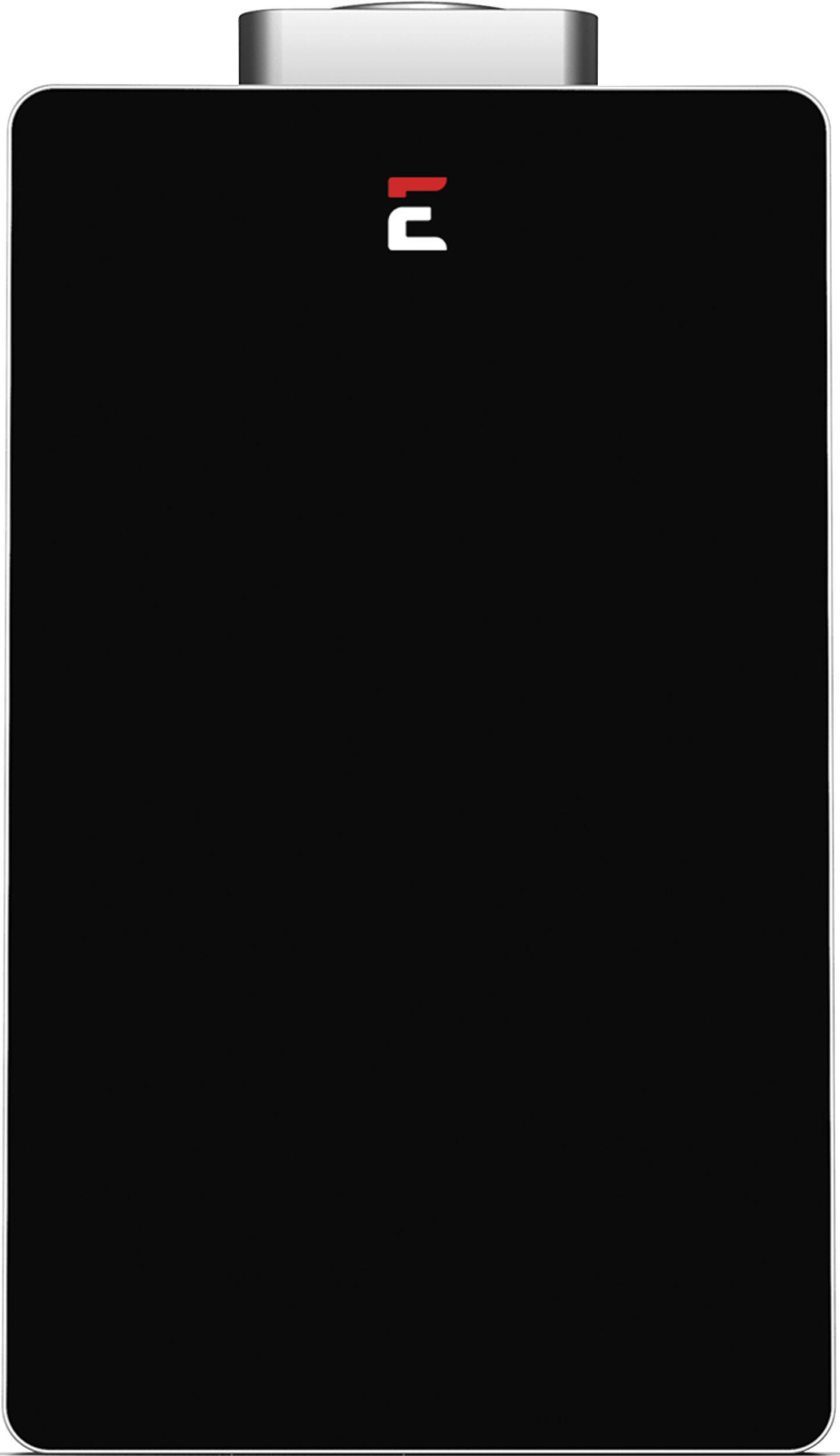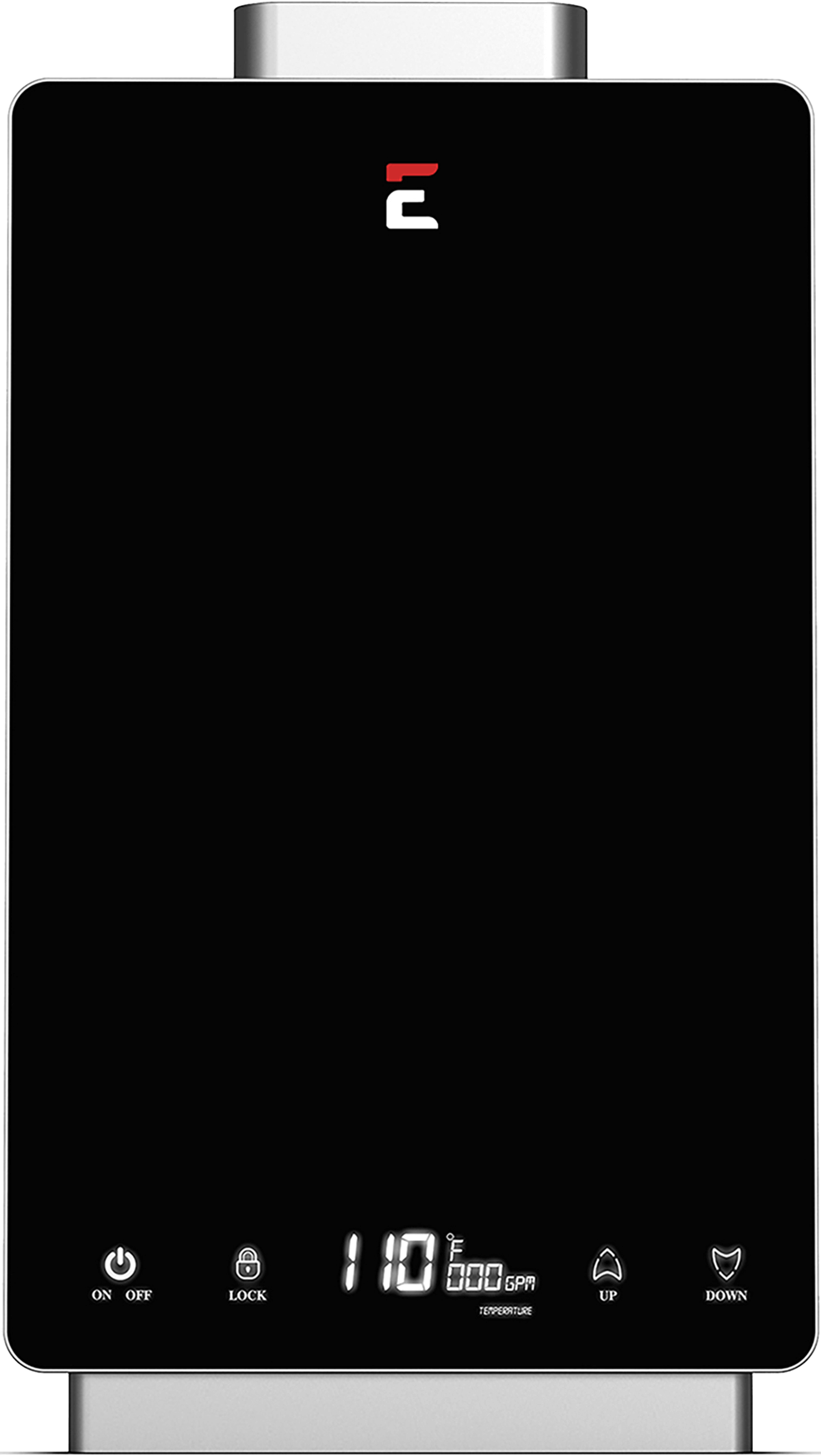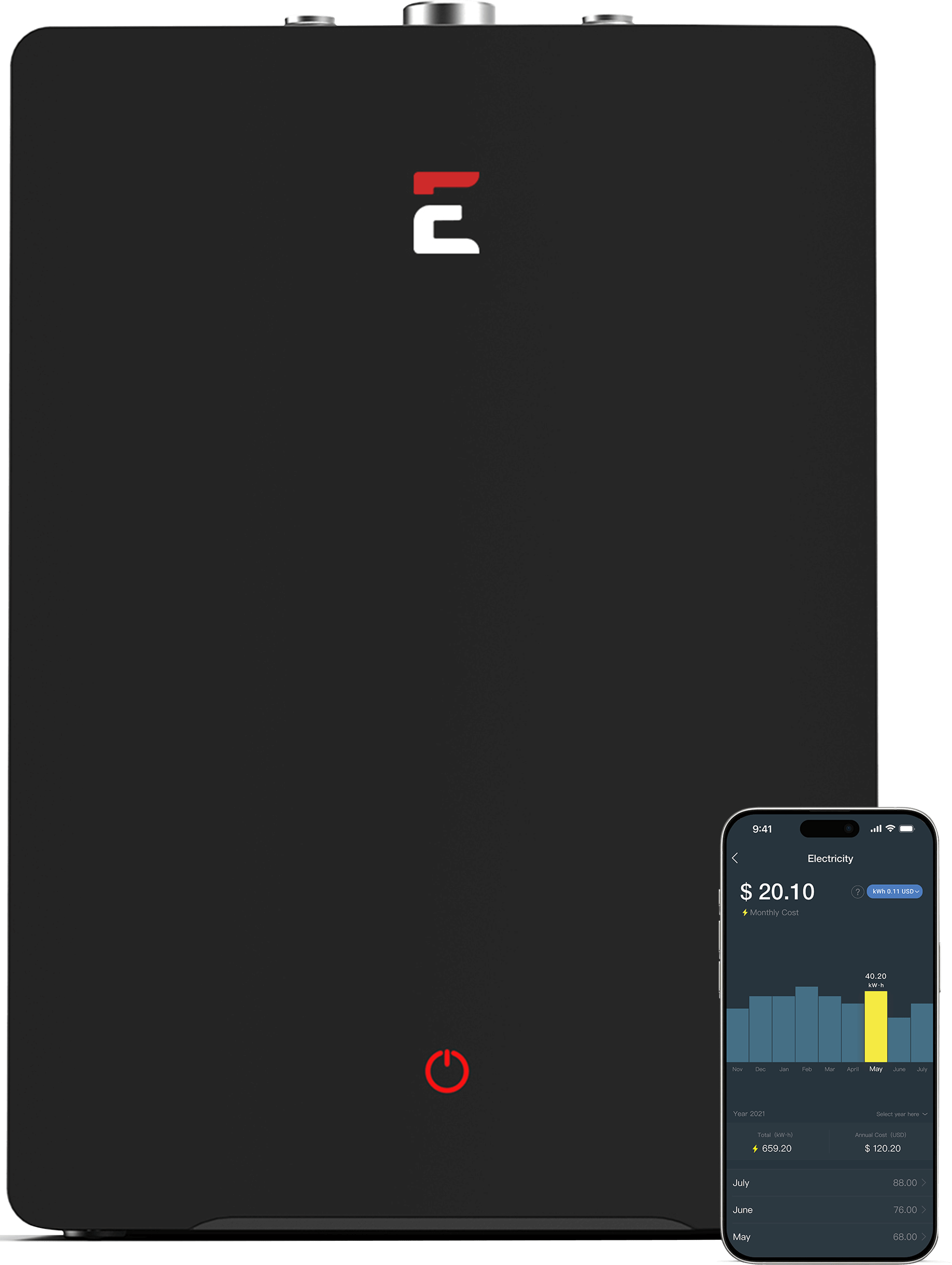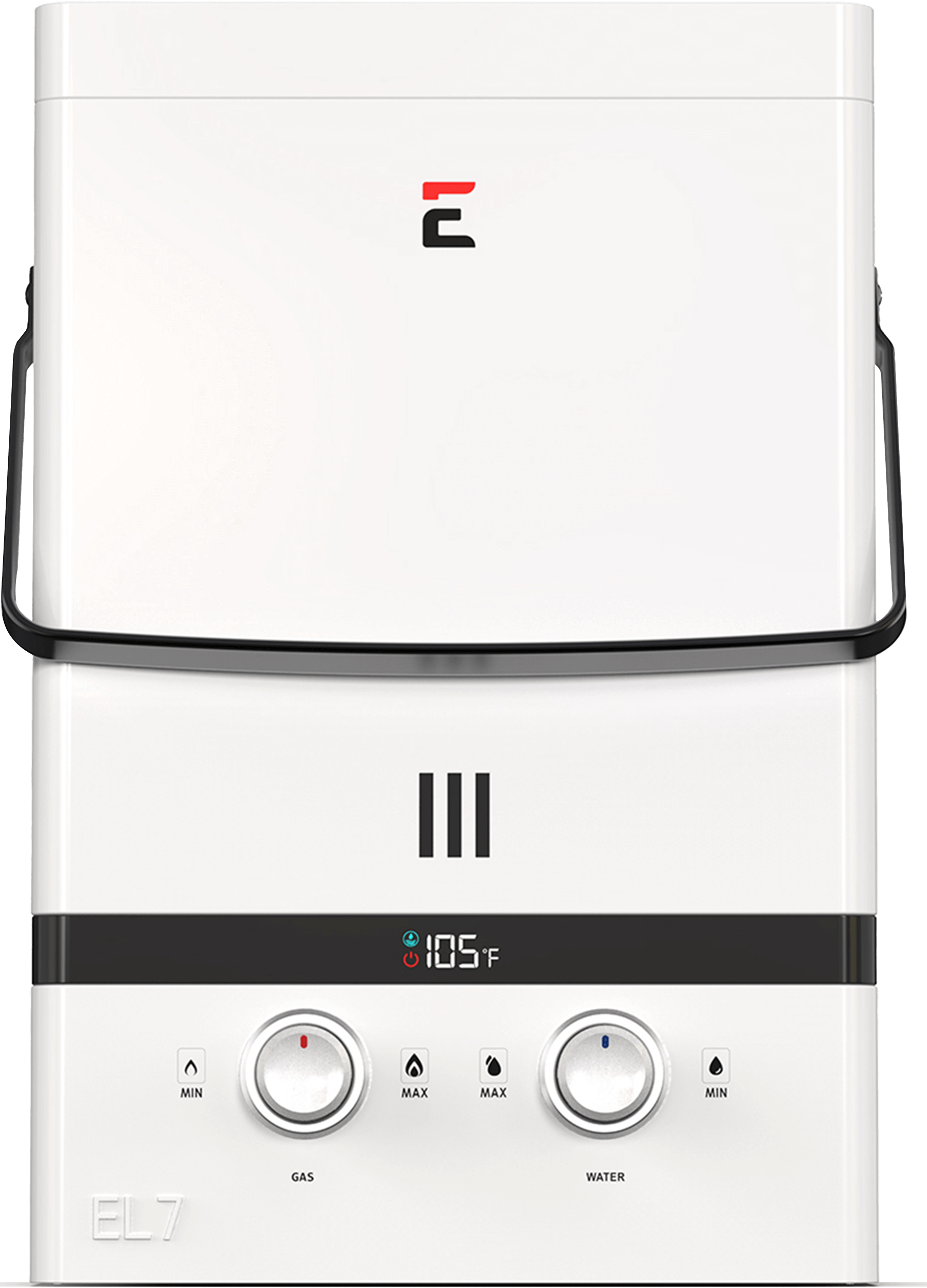Winter-Proof Your Water Heating: Tips for Cold-Weather Efficiency
When winter arrives, nothing feels better than stepping into a warm shower after facing the chill of the outdoors. Yet behind that comfort lies a crucial system that works harder than usual during cold weather—your water heater. As temperatures plummet, maintaining consistent hot water becomes a seasonal challenge that requires foresight and preparation.
Winter conditions bring lower groundwater temperatures, increased energy demand, and a greater risk of frozen pipes. Without proper care, these factors can affect both the performance and longevity of your water heating system. Winter-proofing your setup not only ensures reliable comfort but also helps you save energy, prevent costly repairs, and enjoy uninterrupted hot water no matter how cold it gets outside. With a few smart adjustments and maintenance steps, your water heater can stay resilient even through the harshest winter months.
Understanding the Impact of Cold Weather on Water Heating
As temperatures dip, the incoming water supply becomes colder, meaning your water heater must work harder to raise the temperature to the desired level. This increased workload can result in longer heating times and slightly higher energy consumption.
Moreover, extremely cold weather introduces another threat: frozen water lines. When water freezes inside pipes, it expands, putting tremendous pressure on fittings and connectors. This pressure can lead to cracks, leaks, or complete bursts once the ice thaws. Even a minor leak caused by freezing can escalate into a major problem if left unattended, potentially damaging walls, floors, or insulation.
Understanding how these conditions affect water heating helps homeowners take timely preventive measures. By addressing these factors early—before the first frost hits—you can maintain consistent performance and avoid unnecessary stress during winter.
Insulation: Your First Defense Against the Cold
Insulation plays a vital role in keeping your water heater and connected pipes safe from freezing. Just as you insulate your home to keep warm air inside, insulating the water heater’s pipes helps preserve heat and maintain efficiency. Foam insulation sleeves are an easy and effective solution that wraps around exposed pipes, preventing heat loss and reducing the risk of freezing.
Water heating systems benefit even more from proper insulation. Many homeowners use insulated covers designed to fit over water heaters to protect them from direct exposure to wind, snow, and freezing air. These protective layers trap heat and create a buffer zone, ensuring the system operates smoothly even during low temperatures.
It’s essential to inspect your insulation every year before winter arrives. Over time, exposure to weather or moisture can cause wear and tear, reducing its effectiveness. Replacing worn-out insulation ensures your system remains protected and maintains energy efficiency all season long.
Draining and Disconnecting During Inactive Periods
If your water heating system is portable or used only seasonally—such as during camping or outdoor activities—draining it properly after each use is critical. Water left inside can freeze when temperatures drop, potentially leading to cracks or internal damage.
After every use, disconnect the water supply and let any residual water drain completely. Many modern tankless systems include built-in drain plugs or freeze protection modes that make this process easier. Ensuring no water remains inside keeps the internal components safe from freezing and maintains the system’s performance for future use.
Even if your water heater runs year-round, it’s still beneficial to drain and flush it periodically. Doing so removes mineral buildup and helps maintain consistent flow and temperature during heavy winter demand.
Utilizing Freeze Protection Accessories
One of the most effective ways to protect your water heating system is by incorporating freeze protection accessories. Advanced tankless systems—such as Eccotemp’s outdoor and indoor tankless water heater models —are often equipped with built-in sensors that automatically activate when temperatures approach freezing. These systems maintain just enough internal warmth to prevent ice formation without wasting energy.
For added protection, installing external accessories like heating cables or pipe warmers along your water lines provides an extra layer of safety. These low-wattage heating elements emit steady warmth that keeps water flowing freely even when outside temperatures drop below zero.
Before winter starts, check that these accessories are properly installed and operational. A quick test run can ensure they function correctly when needed most, preventing any mid-winter surprises.
Maintaining Proper Ventilation and Airflow
Winter often brings the urge to seal every draft and close off any outdoor vents to keep homes warm. However, tankless water heating systems that rely on gas or propane combustion require proper airflow to function efficiently. If the vents become blocked by snow, ice, or debris, the system may struggle to exhaust gases properly, leading to reduced performance or even shutdown.
To maintain optimal performance, regularly check both intake and exhaust vents throughout the winter season. After every snowstorm or heavy wind, clear any obstructions that might impede airflow. Proper ventilation not only ensures efficiency but also prevents safety hazards such as carbon monoxide buildup or overheating.
Keeping vents free and clear is one of the simplest yet most important maintenance habits during the colder months.
Adjusting Water Temperature Settings for the Season
During winter, adjusting your water temperature setting slightly higher can help compensate for colder incoming water. A temperature setting between 120°F and 125°F is ideal for daily use, offering a balance of comfort, safety, and energy efficiency.
Raising the temperature too high may waste energy or pose safety risks, so moderation is key. Some homeowners find that increasing the temperature by just a few degrees during extremely cold periods improves comfort without drastically increasing energy use.
Many modern systems offer digital or smart controls, allowing you to make these adjustments easily. Once spring returns, you can reset the temperature to its standard level to conserve energy. Small seasonal adjustments like this can make a significant difference in comfort and performance.
The Importance of Routine Maintenance
Preventive maintenance remains the cornerstone of winter readiness. Before the coldest months arrive, it’s wise to perform a comprehensive inspection or schedule a professional maintenance check. This includes flushing out sediment buildup, checking gas or electrical connections, and ensuring that all sensors and valves function correctly.
Sediment buildup, in particular, can insulate the heating elements and force your system to work harder, leading to increased energy use and reduced efficiency. Regular flushing ensures clean, efficient heating and consistent water flow.
Maintenance should also include checking for leaks, corrosion, or weak pipe joints that might be vulnerable in freezing temperatures. Addressing these issues early can prevent emergencies later in the season when repairs are more difficult or expensive.
Location and Shelter Considerations
The placement of your water heating system plays a major role in how well it withstands the cold. Systems installed outdoors or in unheated areas like garages or basements are more exposed to freezing temperatures. Providing a sheltered environment—such as a weatherproof cabinet or insulated enclosure—helps maintain a stable temperature around the heater.
Adding windbreaks or enclosures can block freezing air from directly striking the system, while a small vent ensures that proper airflow is maintained. Even raising the heater off the ground can prevent damage from standing water, snow, or ice accumulation.
Taking these simple protective measures can drastically reduce the risk of freezing and extend the life of your system through multiple winters.
Improving Energy Efficiency During Winter
Cold months often lead to higher household energy consumption, but a few smart practices can help offset that. Begin by ensuring that your water heater is properly sized for your household’s needs. A system that’s too small will struggle to keep up, while an oversized one may waste energy.
Reducing unnecessary hot water use—such as shorter showers or using energy-efficient faucets—can also help maintain balance. Advanced tankless water heating systems are designed with modulating burners and intelligent flow sensors that automatically adjust power output based on real-time demand. This feature ensures maximum efficiency, preventing energy waste during low-use periods.
Additionally, using a smart thermostat or connected control app allows you to monitor your energy usage and make quick adjustments, helping you stay efficient even during peak winter demand.
Smart Monitoring and Cold-Weather Alerts
Modern technology has revolutionized how homeowners manage their water heating systems. Many advanced models now come with Wi-Fi connectivity that provides real-time monitoring, performance reports, and maintenance alerts.
These features can be especially valuable during winter when freezing risks are highest. If a drop in temperature or water flow is detected, the system can send alerts to your smartphone, allowing you to take quick action before problems escalate. Some smart systems can even activate freeze protection modes automatically when sensors detect dangerously low temperatures.
This level of control not only enhances peace of mind but also helps maintain efficiency and prevent costly damage during cold spells.
Preparing for Power Interruptions
Winter storms can sometimes cause unexpected power outages that affect water heating systems with electronic controls. To prepare for such events, it’s helpful to know how your system behaves during an outage.
If your system relies on electricity for ignition or temperature control, consider having a backup power source such as a small generator or battery supply. These backups can keep essential components running until power is restored.
Ensuring that all electrical connections are dry, properly sealed, and protected from moisture is equally important. Simple precautions like these help safeguard your water heating system and ensure consistent performance even when winter weather turns unpredictable.
Conclusion
Winter-proofing your water heating system is about more than just preventing frozen pipes—it’s about ensuring reliable comfort, safety, and energy efficiency throughout the season. By taking proactive steps such as insulating pipes, performing regular maintenance, using freeze protection accessories, and monitoring system performance, you can enjoy consistent hot water even when outdoor temperatures plummet.
Cold weather may test the durability of your water heating system, but with the right care and preparation, it can operate smoothly all winter long. These small but effective measures help reduce energy waste, prevent costly repairs, and provide the comfort of hot water whenever you need it most.
No matter how severe the season, a winter-ready water heating system ensures that your home remains warm, efficient, and worry-free from the first frost to the final thaw.
Frequently Asked Questions (FAQ)
How do I prevent my outdoor tankless water heater from freezing?
Ensure proper insulation, use freeze protection accessories, and provide shelter against wind and direct exposure. Keeping a slow water flow overnight during freezing conditions can also help prevent ice buildup.
Can I keep my tankless water heater on while away during winter?
For short trips, leave the heater’s freeze protection mode active. If you’ll be away for an extended time, it’s best to drain the system and disconnect the water supply.
What temperature setting is ideal for cold weather?
A temperature between 120°F and 125°F works best for balancing comfort and efficiency. Increase slightly during extreme cold if necessary, then lower it back once temperatures stabilize.
Does cold weather increase energy use?
Yes, colder incoming water requires more heating energy. However, a well-maintained and insulated system minimizes the impact and maintains efficient operation.
How often should I service my water heater during winter?
A professional inspection before winter starts is ideal. Throughout the season, regularly check for blockages, leaks, or ice buildup to ensure smooth performance.
 Weekly Deals
Weekly Deals
 Water Heaters
Water Heaters
 Accessories
Accessories
 Installation
Installation
 Parts
Parts
 Protection Plans
Protection Plans
 Final Sale
Final Sale
